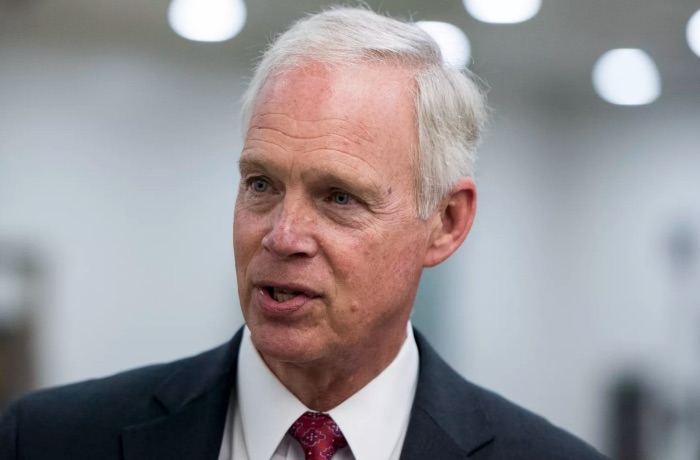Health Care
The health care system in the United States has been in need of reform for many years, but Obamacare was not the solution. It has exacerbated problems for many people and created a new set of problems for the country.
Obamacare was passed before its effects were fully appreciated and understood, which is why Senator Johnson introduced legislation, the Truth in Obamacare Accounting Act, which would have required the Congressional Budget Office to estimate the cost of implementing the law and how much it would add to the deficit. This bill did not become law, but time has provided the hard answers to many of the questions.
The current reality is that millions of Americans have lost health care plans they liked and could afford. Many have lost access to their doctors. And the cost of health insurance for millions of families has gone up dramatically — with premiums doubling or tripling for people buying coverage through the individual market since the launch of Obamacare.
In an effort to repair some of the damage of Obamacare and to limit future unintended consequences, Senator Johnson previously introduced two bills – the Preserving Freedom and Choice in Health Care Act and the If You Like Your Health Plan You Can Keep It Act.
Senator Johnson also cosponsored bills that target specific aspects of Obamacare that are not working, such as the medical device tax, which is contributing to the increasing the cost of health care, reducing medical innovation, and driving medical device manufacturing jobs overseas.
Republicans in Congress are working to address the consequences of Obamacare. Senator Johnson believes the best path is to repair the damage done by Obamacare as it has spread through America’s health care and insurance markets, then to transition to a system that actually works for Americans. That means a system based on consumer choice and free markets, which have brought Americans the lowest possible price at the best possible quality in so many other areas.
Meanwhile, there are other opportunities to make Americans healthier. Senator Johnson voted for the Continuing Appropriations Act, 2016, which included a $2 billion increase for the National Institutes of Health. Senator Johnson is a strong proponent of medical research and believes the most effective way to reduce the cost of treating a disease is to cure it. The National Institutes of Health have a leading role in this. Senator Johnson supports those efforts.
When diseases endanger the health of Americans on a sudden and potentially extensive scale, the federal government can delegate emergency funds to respond. This was done with Ebola in 2014. In 2016, a virus again threatened our country, and Senator Johnson introduced a bill to divert remaining funds appropriated but not used to target Ebola to the response and preparedness efforts for the Zika virus. The Response and Safety Act of 2016 would have provided flexibility to use existing, unused funds for Zika efforts.

